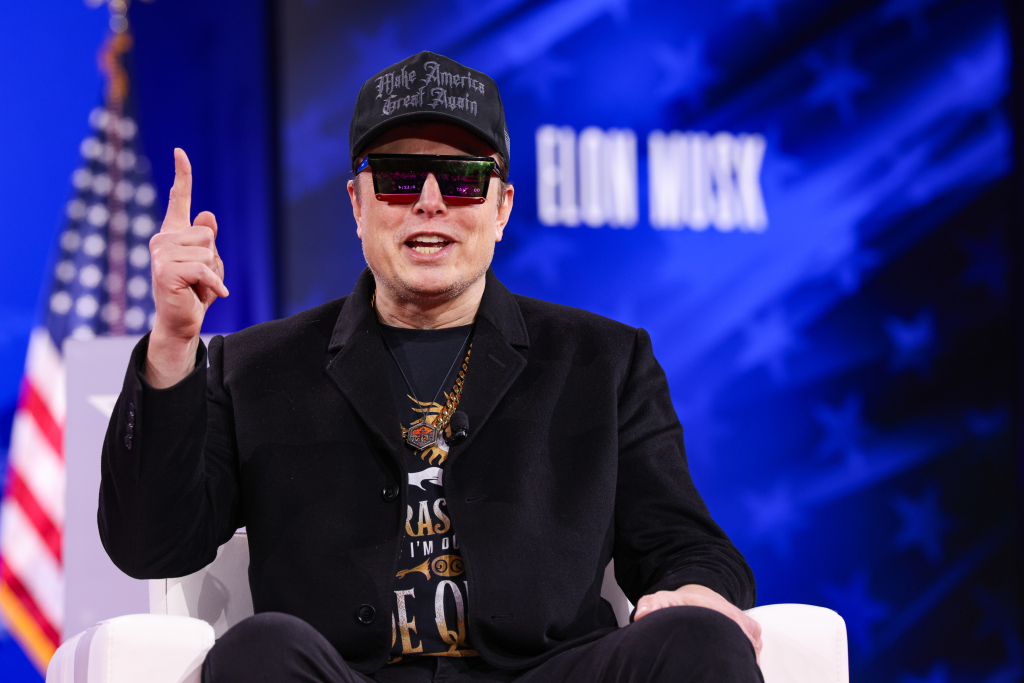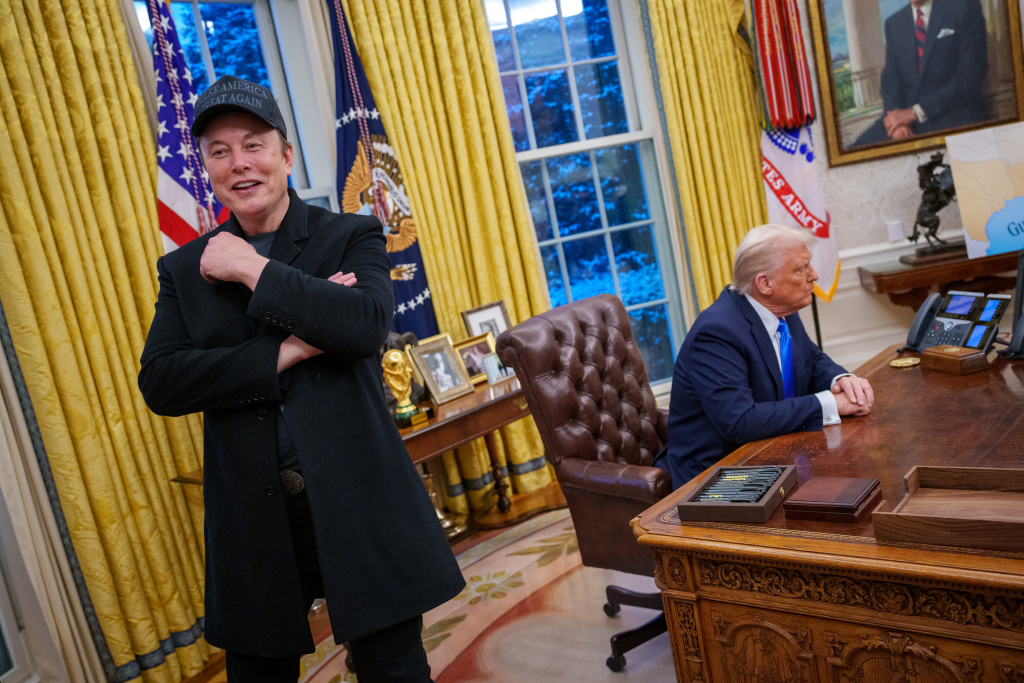Elon Musk and his Department of Government Efficiency (DOGE) team have been aggressively cutting federal budgets—but Musk’s own business empire has thrived on government funding. A Washington Post analysis reveals that Musk’s companies have received at least $38 billion in taxpayer money over the years, fueling their meteoric rise.
A long history of government support

From NASA contracts to electric vehicle subsidies, Musk has leveraged federal and state funding at critical moments. In 2010, a $465 million low-interest loan from the Department of Energy helped Tesla develop its Model S sedan and secure a California factory—just months before the company went public.
“Tesla would not have survived without the loan,” said a former high-level Tesla employee.
Musk also personally lobbied then-EPA Administrator Lisa Jackson for regulatory approval needed to secure additional funding, emphasizing Tesla’s dire financial situation at the time.
SpaceX and Tesla lead the pack
The majority of government funds have flowed to SpaceX and Tesla, including:
- $15 billion from NASA for space exploration
- $11.4 billion in Tesla regulatory credits
- $7,500 federal EV tax credits boosting Tesla sales
- $6.3 billion in 2024 alone from federal and local governments
And the numbers continue to climb. An additional $11.8 billion in government contracts is still set to be paid out over the next few years.
DOGE’s paradox: cutting funding while benefiting from it

Musk’s role in government efficiency raises eyebrows given his reliance on federal funding. DOGE has moved to slash budgets at many of the same agencies that continue to fund Musk’s ventures, including the Department of Defense and NASA.
“Not every entrepreneur at this scale has been this dependent on federal money,” said Yale professor Jeffrey Sonnenfeld. “With DOGE, there does seem to be a paradox.”
A complicated relationship with Washington
Despite his deep ties to government funding, Musk has repeatedly criticized federal subsidies, even calling for an end to the EV tax credit. Still, his ventures remain reliant on government contracts, particularly in the defense and space sectors.
The White House insists Musk’s position at DOGE does not present a conflict of interest. “Any contracts connected to Musk’s companies will comply with every government ethics rule,” said White House spokesman Harrison Fields.
While Musk paid off Tesla’s government loan early, thanking the American taxpayer in the process, his business empire continues to thrive on billions in public funds—whether his cost-cutting mission at DOGE acknowledges it or not.




